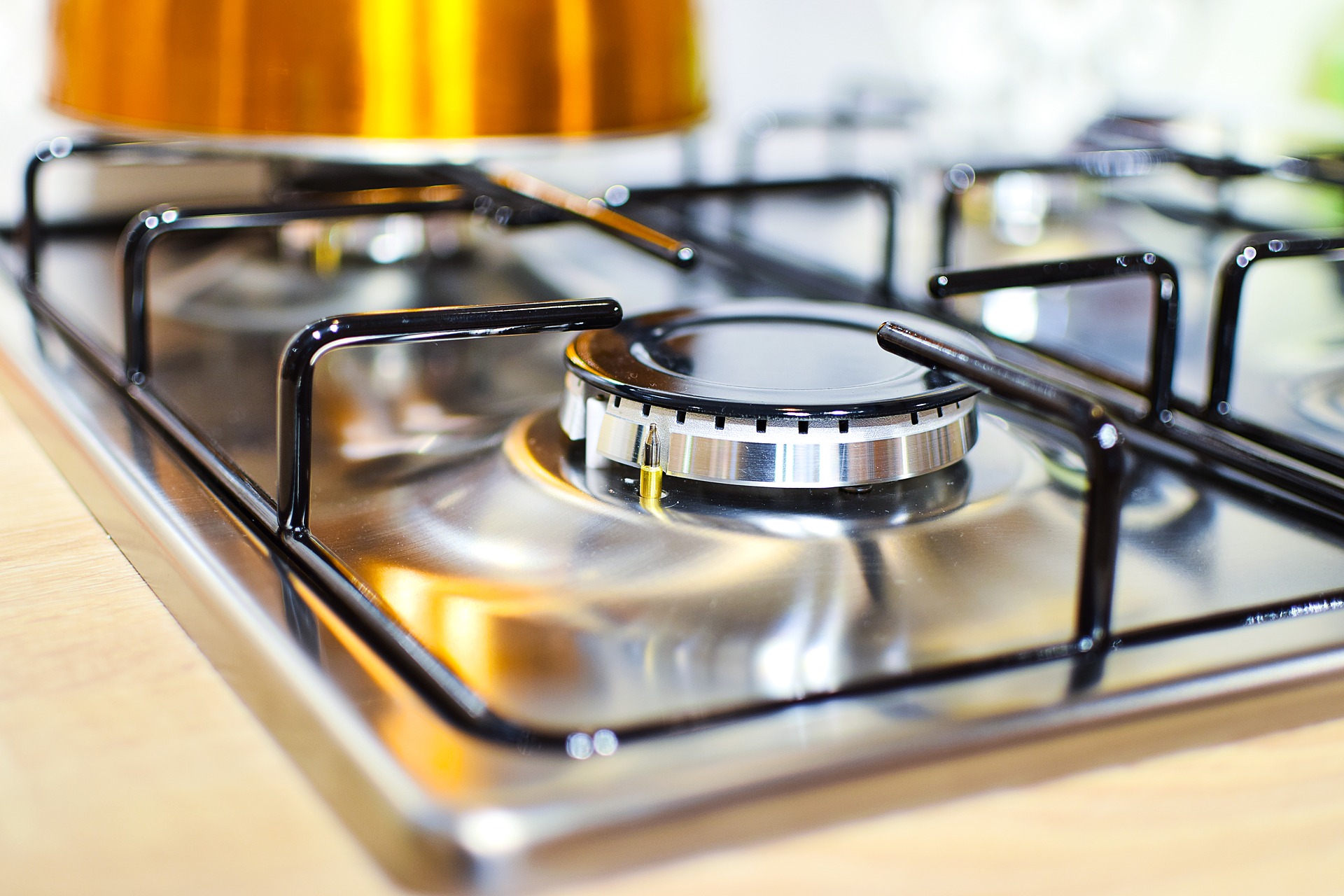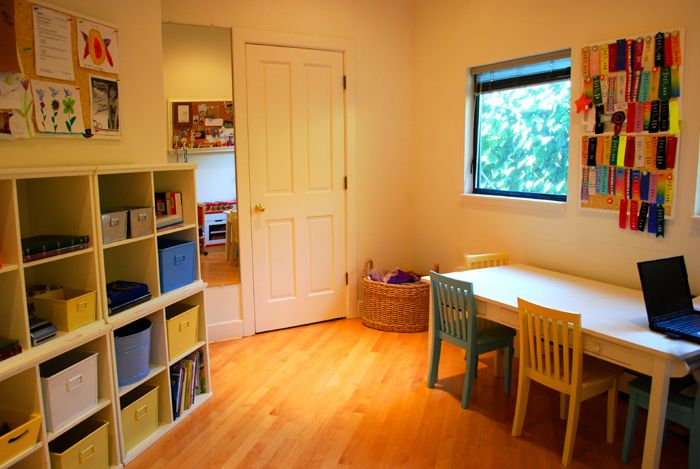You probably didn’t know that in the last year there were thousands of gas leak accidents with numerous injuries and even fatalities. That is why households should take gas leaks seriously and find a way to prevent them before they happen.
Gas leaks happen because of poorly maintained, poorly fitted or faulty appliances such as cookers and boilers. In case that your appliance poorly fitted, gas can easily escape, in most cases from around the seal or the gas hose that leads into the machine.
You have to make sure that you find accredited experts for a gas leak in Houston, to make sure that appliances are perfect and without the possibility to cause havoc. If you’re not confident that you found an accredited engineer, you should ask him for registration card before hiring.
In case that your appliances are older then you should take them on regular inspection and service. It is crucial to use always engineer that includes certification so that you can rest assured all the way.
You should also be cautious when it comes to second-hand or old appliances, especially if you’re renting or moving to a new property. Of course, there are ways to spot signs that will tell you if appliances are problematic.
What Happens If You Neglect A Gas Leak?
A gas leak can quickly lead to significant fires that you will be unable to stop, especially in the kitchen where everything is wooden. It can also cause explosions that could create havoc in your house and even fatalities if you’re not careful enough.
In the past three years, according to Gas Safe Register, one in six homes had unsafe gas appliances. If you leave it unchecked, that could lead to explosions, fires, and carbon monoxide poisoning.
The best way to understand more on Gas Safe Register, you can by https://www.gassaferegister.co.uk/clicking here.
How To Detect A Gas Leak?
The main problem in detecting a gas leak is that some people don’t understand how to do it. In the case of carbon monoxide, you will notice physical symptoms that can cause death if you don’t react quickly.
If you feel ill, lightheaded, nauseous and dizzy, you should run outside as soon as possible. If you notice that symptoms go away as soon as you breathe the fresh air, then you have the effects of carbon monoxide poisoning.
Apart from that, there are signs from your appliances that can indicate leakage, even if you don’t smell gas or notice physical symptoms of poisoning:
- Check for the crisp blue flame.
- You should check for pilot light that starts the blowing out.
- Check if the appliance contains sooth or other brown, or black areas around it.
- Check for condensation on the windows.
What To Do When You Notice A Gas Leak?
The first thing that you should do is to turn off the gas supply. You will find a gas meter in your home, and the valve will regulate the flow of gas to the pipe. Therefore, you should connect it to the right angle. Sometimes, it is challenging to access, which is why you should understand and learn if you can turn off the gas supply, especially if you move to a new property.
The best way to disperse the gas is by opening the window and letting the fresh air to come inside the home. We recommend you to open all doors and windows so that you can ensure quality air flow.
If you don’t have windows near, you should get outside to breathe it as soon as possible, because a gas leak can cause slow and sleepy death that you won’t even notice.
When you open the window, you should avoid using electronic appliances and switches that could cause sparks because it could lead to an explosion. It means that you should avoid using electronic doorbells and light switches. At the same time, you should avoid using matches, smoking or burning a candle because it could ignite and cause devastation.
The best way to stop a gas leak is prevention, so the first thing that you should protect and inspect are household appliances. If appliances require maintenance, you should do it as soon as possible. If you want to avoid carbon monoxide poisoning, you should install an audible carbon monoxide alarm.




